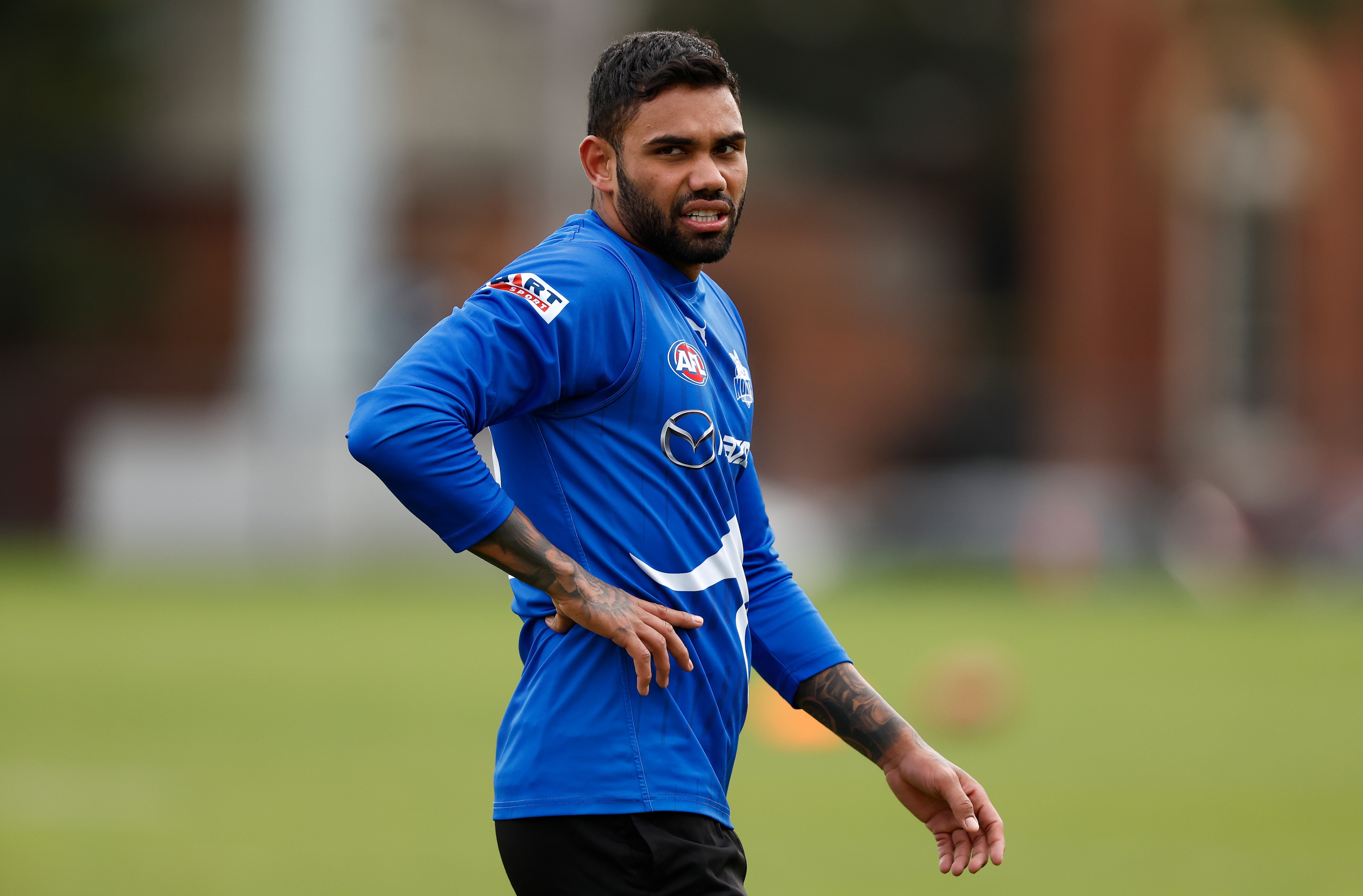Weakened Germany may have to play 40-year-old Manuel Neuer at World Cup

Lose on Monday in Northern Ireland, with whom Germany share the lead of a group A, and the scrutiny of those who once patented the idea of Germany as masters of tournament momentum will certainly amplify.Some have been preparing their case. Lothar Matthäus, captain of the 1990 world champions, told Sport Bild that for the present Germany “it’s time to stop experimenting”. Echoes of that came from Matthias Sammer, figurehead of the 1996 European championship-winning side, when advising, on Sky Deutschland, that “the team needs continuity and trust”. The set-up could do with stronger back-up, added Toni Kroos, the last of the outfield players from the triumphant 2014 World Cup squad to have waved goodbye to the national XI. “Our pool of world-class players isn’t that deep,” he said.Some evidence of that will leap off the head coach Julian Nagelsmann’s likely teamsheet on Monday in Belfast, in front of a crowd buoyed by Northern Ireland’s victory over Slovakia on Friday and perhaps still irked by the 38-year-old’s criticism of the home side’s direct and “not attractive tactics” when they lost 3-1 in Germany last month.That ended a sequence of three successive German defeats, a run that speaks of an awkward transition. Only three players who started the Euro 2024 quarter-final against Spain, Germany’s exit moment from their last major championship 15 months ago, are available to Nagelsmann on Monday night and a number of those lining up are conspicuous for their unproven tournament pedigree.The probable goalkeeper, 35-year-old Oliver Baumann, has won seven caps; whoever starts at centre forward, be it Newcastle United’s Nick Woltemade, Borussia Dortmund’s Maxi Beier or Eintracht Frankfurt’s Jonathan Burkardt, will be seeking their maiden international goal. Meanwhile, the most worldly footballer in the squad, the captain Joshua Kimmich, finds, and not for the first time, that his protean expertise, either as a central midfielder or as a full back, presents Nagelsmann with a question less about where the 30-year-old plays best than about where the squad’s shortcomings demand that he must fill in.Nagelsmann believes that, by comparison with their peers, Germany have suffered more heavily from the strains of the calendar. “We’ve lost a few more players than a lot of other national teams,” he said before this month’s fixtures. The injury list includes the pair who, when used to lead the line, have been the most reliable of his centre forwards, Kai Havertz and Niclas Füllkrug. Jamal Musiala is a major miss, and for their experience at the back end of the pitch, so too are Antonio Rüdiger and Marc-André ter Stegen.Musiala, who fractured a fibula colliding with Gianluigi Donnarumma, then of Paris Saint-Germain, at the Club World Cup, hopes to return with Bayern Munich in December and, assuming he reaches a similar grade of influence of the past two years, would be an automatic pick for Germany.Of the other absentees, there is less certainty. Havertz, recuperating from knee surgery, has a role to redefine for himself at Arsenal; Füllkrug’s pre-injury West Ham United form — six Premier League games, no goals — will scarcely have Woltemade, Beier or Burkardt glancing apprehensively over their shoulders. Quite what use the Real Madrid head coach, Xabi Alonso, has for Rüdiger, once he has recovered from hamstring issues, in a defence reinforced with three new signings in the summer, remains to be seen.The most complicated issue is Ter Stegen, recuperating from back surgery with no fixed date for his return to fitness and still less of a clear pathway to when or where he might be playing club matches, week in, week out. Ter Stegen has been told by his employer of the past ten years, Barcelona, he is no longer their No1 goalkeeper. They spent 90 per cent of their entire summer outlay on transfer fees on the younger Joan García. Though García is now also injured, short term, the likelihood is that, to be consistently playing first-team football in the six months before a possible World Cup with Germany, Ter Stegen will need to leave Barça in January.Which is why Nagelsmann complains that every press conference he addresses is a Groundhog Day of the same lines of questioning.“I spend half my time talking about goalkeepers,” he said after Friday’s 4-0 win over ten–man Luxembourg, a result Germany needed to keep pace with Slovakia and Northern Ireland. More specifically, he is asked about when, or if, he will roll back the years and invite a 2014 World Cup winner, Manuel Neuer, to again pull on the national team’s gloves.Neuer retired from international football after Euro 2024. For Ter Stegen, a very long period spent deputising appeared over. But various injuries, and his reduced status at Barcelona, have snagged that plan, and while Nagelsmann has praised Baumann since his late-career promotion to the national side, the fact is the Hoffenheim goalkeeper will be 36 by the time the World Cup starts, a veteran but without the accumulated international knowhow.Neuer will be 40, but he has 124 caps. His form for Bayern Munich has been largely excellent. And the advice to Nagelsmann keeps coming from the grandees of Germany’s gilded past. “Can we really afford to do without our best players?” asked Sammer.“I am sure Julian has it in mind to bring Manuel back,” Joachim Löw, coach of the 2014 World Cup winners told Sport Bild. “It has to be a purely sporting decision, and not a nostalgic one, but if Neuer continues to set the standards he has recently, he must be thinking about it.”Northern Ireland v Germany









